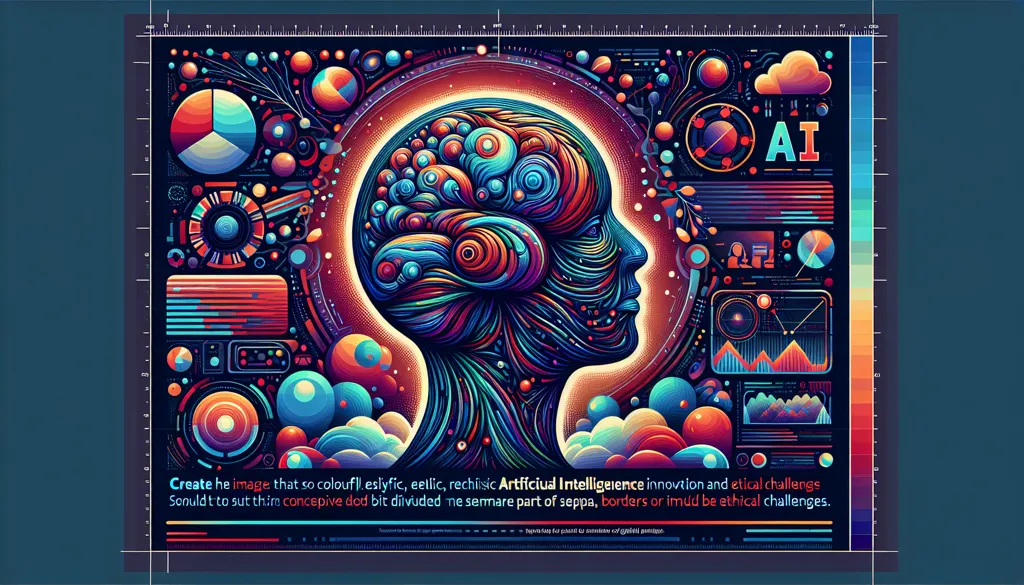The Rise of ChatGPT: Transforming AI and Facing Challenges
In the ever-evolving landscape of artificial intelligence, ChatGPT, OpenAI's text-generating AI chatbot, has emerged as a transformative force since its launch in November 2022. What began as a tool aimed at enhancing productivity through writing essays and coding has rapidly evolved into a platform with over 300 million weekly active users and widespread adoption across various sectors, including more than 92% of Fortune 500 companies.
Expanding Capabilities and Strategic Partnerships
The year 2024 has been pivotal for OpenAI, marked by significant advancements and strategic partnerships. OpenAI partnered with Apple to integrate its generative AI technology into Apple's ecosystem, resulting in Apple Intelligence. This collaboration is a testament to the growing influence of AI in technology, as it allows seamless integration of ChatGPT into Apple's devices and services.
Moreover, the release of GPT-4o, OpenAI's flagship model, introduced voice and vision capabilities, further expanding the chatbot's functionalities. This model has become the default free version, showcasing OpenAI's commitment to enhancing user experience by providing more natural and engaging interactions. Despite its success, the introduction of GPT-4o brought challenges, including the temporary pause of the Sky voice feature due to concerns over its similarity to Scarlett Johansson's voice in the movie "Her."
Internal Challenges and Legal Battles
While OpenAI's technological advancements have been impressive, the company has faced internal and external challenges. Notably, the departure of key executives such as co-founder Ilya Sutskever and CTO Mira Murati raised concerns about leadership stability. These exits have been part of broader internal restructuring, including the dissolution of the Superalignment team.
Externally, OpenAI is embroiled in legal battles over copyright infringement. Lawsuits from Alden Global Capital-owned newspapers and the New York Times allege unauthorized use of copyrighted material, highlighting the ongoing debate over intellectual property rights in AI training. OpenAI's stance on using publicly available data for model training as fair use faces scrutiny and could set precedents for future AI developments.
Enhancing User Experience and Addressing Concerns
OpenAI has been proactive in rolling out features to enhance user experience. The introduction of Advanced Voice Mode allows users to interact with ChatGPT through voice, with improvements in speed and understanding of accents. Additionally, ChatGPT's integration into various platforms, such as macOS and Windows, signifies its adaptability and versatility.
Despite these advancements, concerns about privacy and data security persist. Reports of ChatGPT potentially leaking sensitive information underscore the importance of robust data protection measures. OpenAI's commitment to addressing these concerns is evident in its partnerships with organizations like Common Sense Media to develop AI guidelines and educational materials for young users.
Environmental and Ethical Considerations
A key issue facing OpenAI is the environmental impact of its operations. The energy consumption required to support ChatGPT's massive user base has raised questions about sustainability. Reports indicate that ChatGPT uses significantly more electricity than the average U.S. household, prompting calls for more eco-friendly AI solutions.
Ethically, OpenAI is navigating the complex terrain of AI-generated content and its implications. The potential misuse of ChatGPT for creating inappropriate or harmful content is a concern, leading OpenAI to explore watermarking tools to detect AI-generated text. Balancing innovation with ethical responsibility remains a critical challenge for the company.
Future Prospects and Conclusion
Looking ahead, OpenAI's journey with ChatGPT continues to evolve. The anticipated release of GPT-5, a fully multimodal model with speech, image, code, and video support, promises to push the boundaries of AI capabilities further. However, OpenAI must address the challenges of data privacy, ethical AI use, and environmental sustainability to maintain its leadership in the AI landscape.
As a moderate Midwestern mother with a vested interest in technology's impact on society, I find OpenAI's journey both fascinating and concerning. The potential of AI to revolutionize industries and enhance everyday life is immense, but it must be tempered with careful consideration of ethical, legal, and environmental implications. As OpenAI navigates these challenges, its actions will undoubtedly shape the future of AI and its role in our lives.

